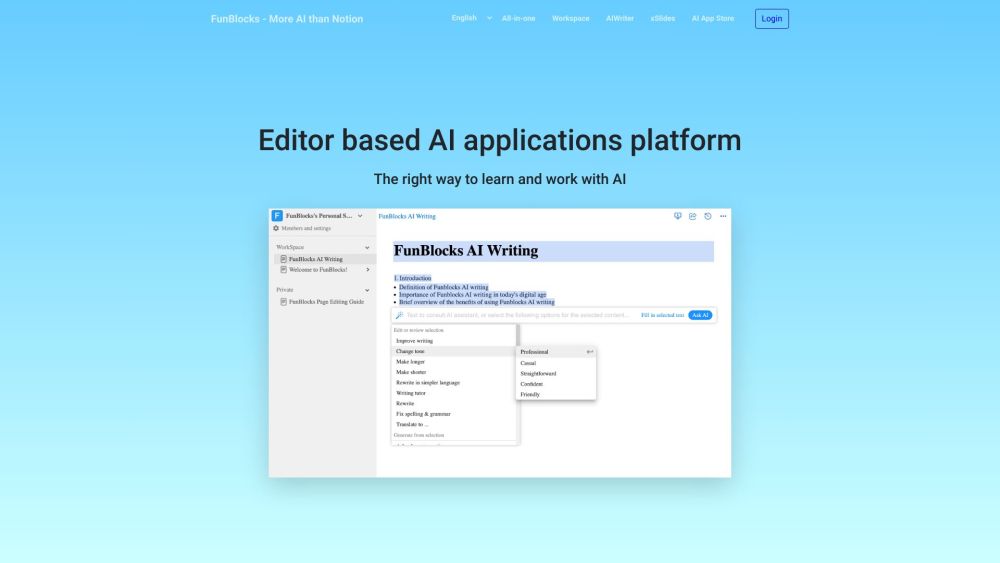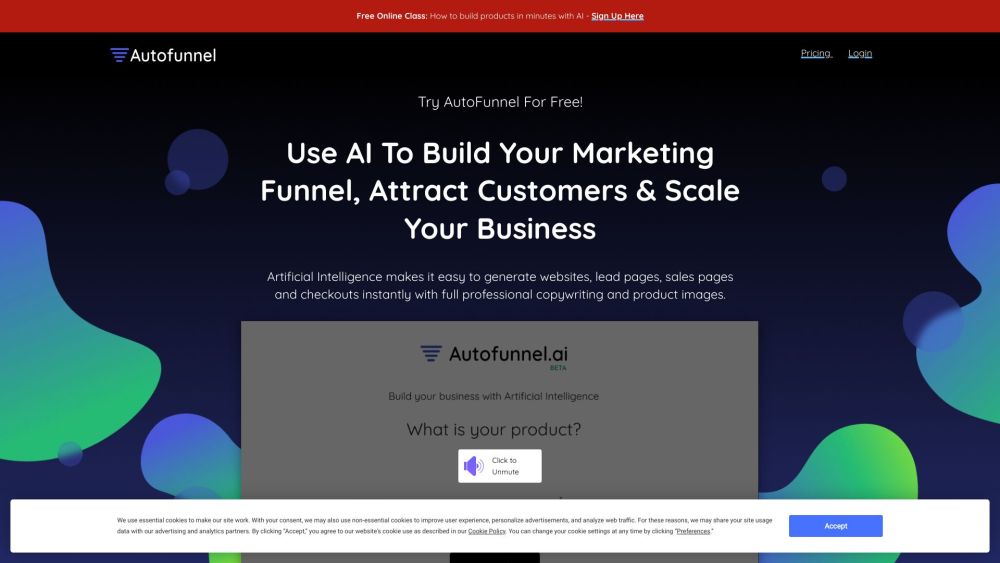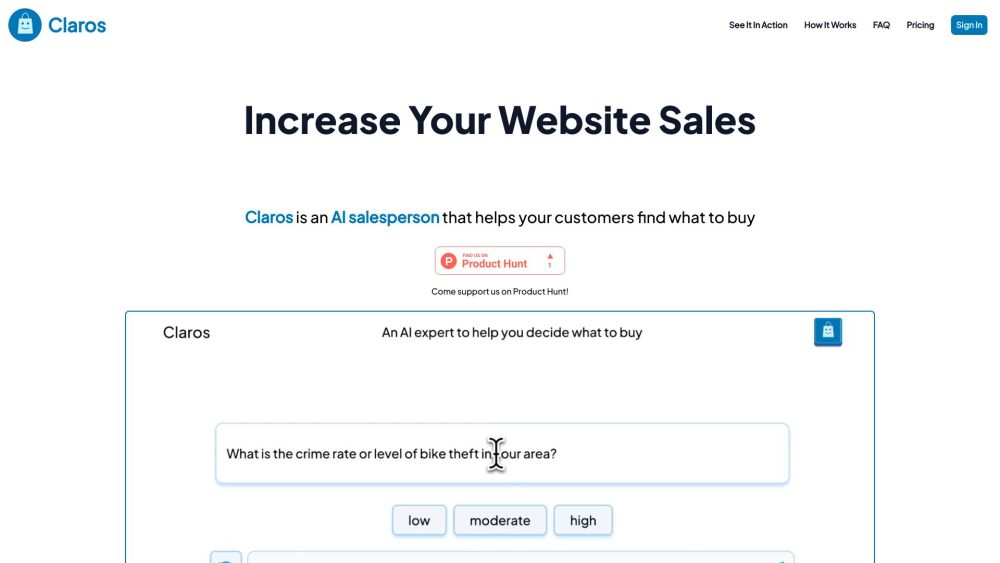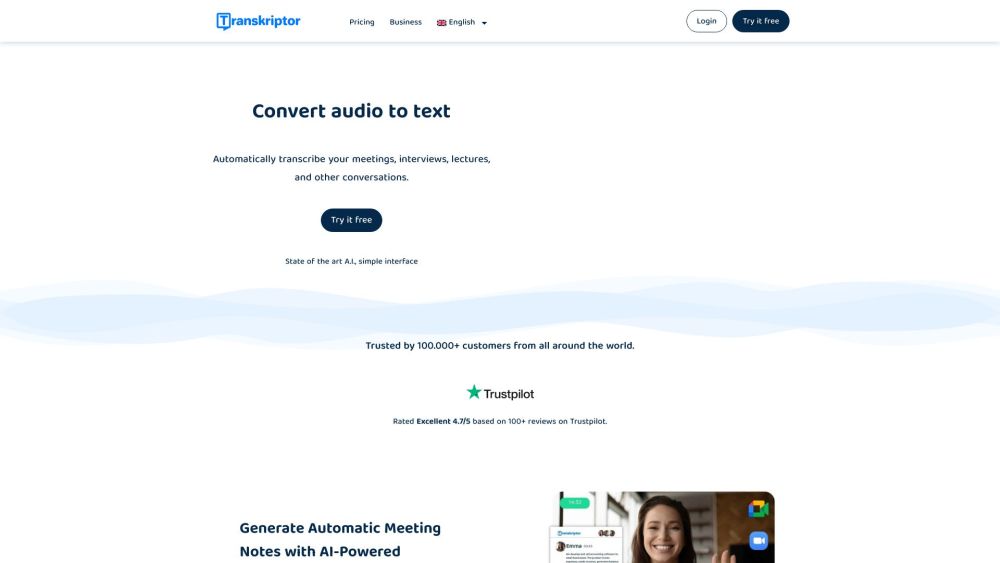AI is set to become an integral part of our daily lives. Its potential is immense, but to harness it effectively, we must first understand the technology.
When considering a new tech solution, users are primarily interested in its immediate benefits. They need clear insights into how the solution fits within their existing technology ecosystem and the ongoing value it can deliver to their business today.
Given the rapidly evolving nature of AI, potential buyers often find it challenging to determine the right questions to ask or how to evaluate products that are still in their infancy. To assist with these evaluations, I've created a concise guide for assessing an AI-based solution, akin to an enterprise buyer scorecard. Here are some critical questions to consider:
1. Does the solution address a genuine business challenge?
It’s important to assess whether the developers truly understand the problem at hand. For instance, chatbots serve specific functions that enhance individual productivity, but can the solution scale effectively for large teams of 100 or 1,000 users? The fundamentals of deploying enterprise software still hold: customer success, change management, and innovative capability are essential for delivering continuous value. Rather than viewing AI as a mere enhancement, think of it as a transformative tool that alleviates pain points, provided it genuinely addresses your business needs.
2. What does the security framework entail?
The data security implications of AI are advanced and often surpass typical requirements. Your solution should include robust security measures that meet or exceed your organizational standards from the start. Today’s software must prioritize data compliance and security, particularly for AI solutions. As machine learning models process vast amounts of data, mishandling can lead to severe repercussions. The goal of any AI solution is to create significant impact while securely managing the valuable data generated by its users. Ensure that your chosen solution allows for control over this data to continually enhance the machine learning models without compromising your environment.
3. Is the product capable of evolving over time?
Machine learning models can experience drift, leading to inaccurate conclusions. For example, ChatGPT-3 only incorporated data until November 2021, rendering it ineffective for subsequent events. Effective enterprise AI solutions must be designed to adapt over time as new and critical data emerges. In finance, a model might need to be adjusted with changing regulations. When evaluating AI vendors, inquire about their strategies for keeping models current and addressing model drift.
4. What expertise backs the product?
Credible companies will articulate the intricacies of their AI and machine learning architectures. If a vendor cannot discuss their technology in detail, this should raise concern. Understand the qualifications of the team managing the models and the underlying infrastructure, as the requirements for AI are significantly different from previous software generations. Their collective experience is vital to ensuring that they can convey how the solution was developed and why it matters.
5. Does the company grasp your specific use case?
The right vendor should be prepared to share insights from similar use cases and demonstrate how clients have uniquely benefited from their solution. Assess whether they can relate real accomplishments of peers to your organizational challenges. Vendors that have navigated similar experiences are often more effective than those merely chasing potential problems.
6. Can they build a secure, scalable tool at an enterprise level independently, or will they require third-party assistance?
Many tools allow organizations to create their own basic AI models, often leading to the “build vs. buy” dilemma. Unless you have the resources to sustain an in-house project, it’s advisable to partner with experts who are committed to AI development. Consider it analogous to developing a product for internal users who have specific needs—making it challenging to excel in uncharted territory like AI alone.
7. Do they have relevant and enthusiastic references within your industry?
Seek out examples of similar organizations that have reaped benefits from the solution and whether they are open to sharing their experiences. Vendors often face a catch-22: they need initial customers but those customers seek references. Fortunately, there’s a growing enthusiasm for AI among clients, who tend to be more receptive to collaborating with early-stage vendors. The real challenge lies in ensuring these early customers achieve success and become advocates. Look for vendors focused on your success, as they are the ones worth referencing in the future.





